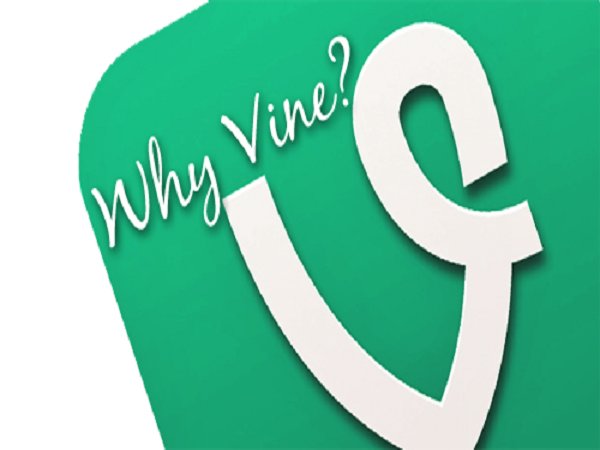In a classic case of a big organisation misunderstanding the advancing technological landscape, the English Premier League has made a rookie mistake by announcing it intends to crack down on unofficial videos of incidents in matches being shared on social media this season.
EPL fans love using the social media app Vine, owned by Twitter, to make six second looping videos and upload them on various social media platforms. However, the Premier League, and its broadcast partners, has made it very clear that it considers these videos a breach of copyright.
“You can understand that fans see something, they can capture it, they can share it, but ultimately it is against the law,” Dan Johnson, the Premier League’s director of communications, told the BBC’s Newsbeat programme.
“It’s a breach of copyright and we would discourage fans from doing it, we’re developing technologies like gif crawlers, Vine crawlers, working with Twitter to look to curtail this kind of activity. I know it sounds as if we’re killjoys but we have to protect our intellectual property.”
Aside from making the Premier League top brass seem like a boardroom of old fashioned people trying to legislate against something they don’t understand, this course of action also misses the most salient point in the matter: there’s a demand for these type of highlight videos and the people making them are simply fulfilling that demand.
The Premier League just declared war on Vine — and, if you post goal videos there, on *you*. http://t.co/CjFb2nVxlf pic.twitter.com/hoXxphVG9N — HuffPostUKTech (@HuffPostUKTech) August 15, 2014
If the Premier League is serious about protecting their intellectual properly, wouldn’t they be better off heading these copyright infringers off at the pass and simply making their own version of the highlights available?
In fact, with access to high definition versions of the clips directly from the broadcast source, consumption of any official version of these short highlight videos would quickly outstrip that of the unofficial videos, which are often recorded via a smart phone pointed at a television and are of rather poor quality.
Using this tactic, rather than come across like bullying school teachers, the Premier League could use its resources to provide a better service to its legions of tech-savvy fans. The fact that it would also drive the illicit video makers out of business could be seen as an added bonus.
Premier League vine ban shows what an awful shower of money grubbers we have running the peoples game… — David Snow (@dnsnow) August 16, 2014
The use of social media platforms to quickly disseminate highlights and incidents of interest isn’t unheard of in sport. The NBA, for example, has a comprehensive and meticulously maintained YouTube channel, a service that has kept fans of the game updated for the past seven years.
Closer to home, the AFL maintains a similar channel, and uses a SnappyTV account to quickly post short highlight clips during games; clips that often will appear within minutes of a prominent moment occurring.
In addition, the AFL will often post these clips to its Facebook page using that platform’s native video player, which allows the user to more directly connect to the content.
These kind of in-house promotional videos can be a bit much at times (surely not too many people are dying to know who has the worst taste in music in the AFL or who busts the best moves in the NBA) but this is a necessary trade off for the service provided.
In any case, it’s an attempt to better engage with the fans. It also provides the instant gratification associated with the social media generation that the Premier League isn’t even bothering to address.
The warning from the Premier League has also gone completely unheeded, perhaps even being deliberately disregarded. Just one day after the statement was issued, a (now deleted) Vine of a bird, not so tastefully, relieving itself into the mouth of Manchester United’s Ashley Young went viral, even being tweeted by the likes of Gary Lineker.
The Premier League has not only missed a crucial marketing opportunity of its own, they’ve also completely missed the point; in the age of social media and the 24 hour news cycle, it’s almost impossible to control the message or your product once it becomes publicly available.
Rudi Edsall is a first-year Bachelor of Journalism (Sport) student studying at La Trobe University. You can read his blog at https://fairdinkumsport.wordpress.com/ follow him on twitter: @RudiEdsall







